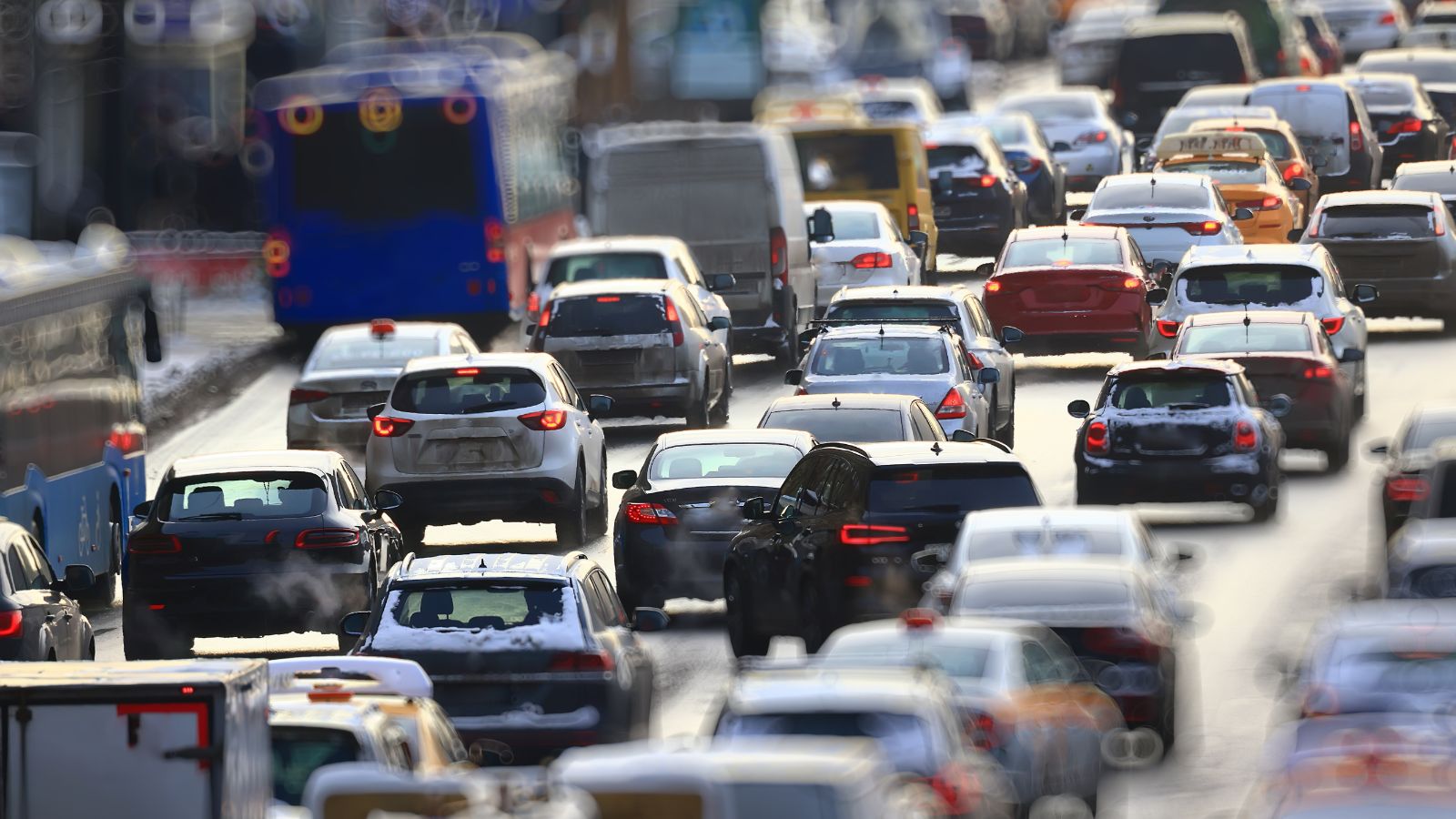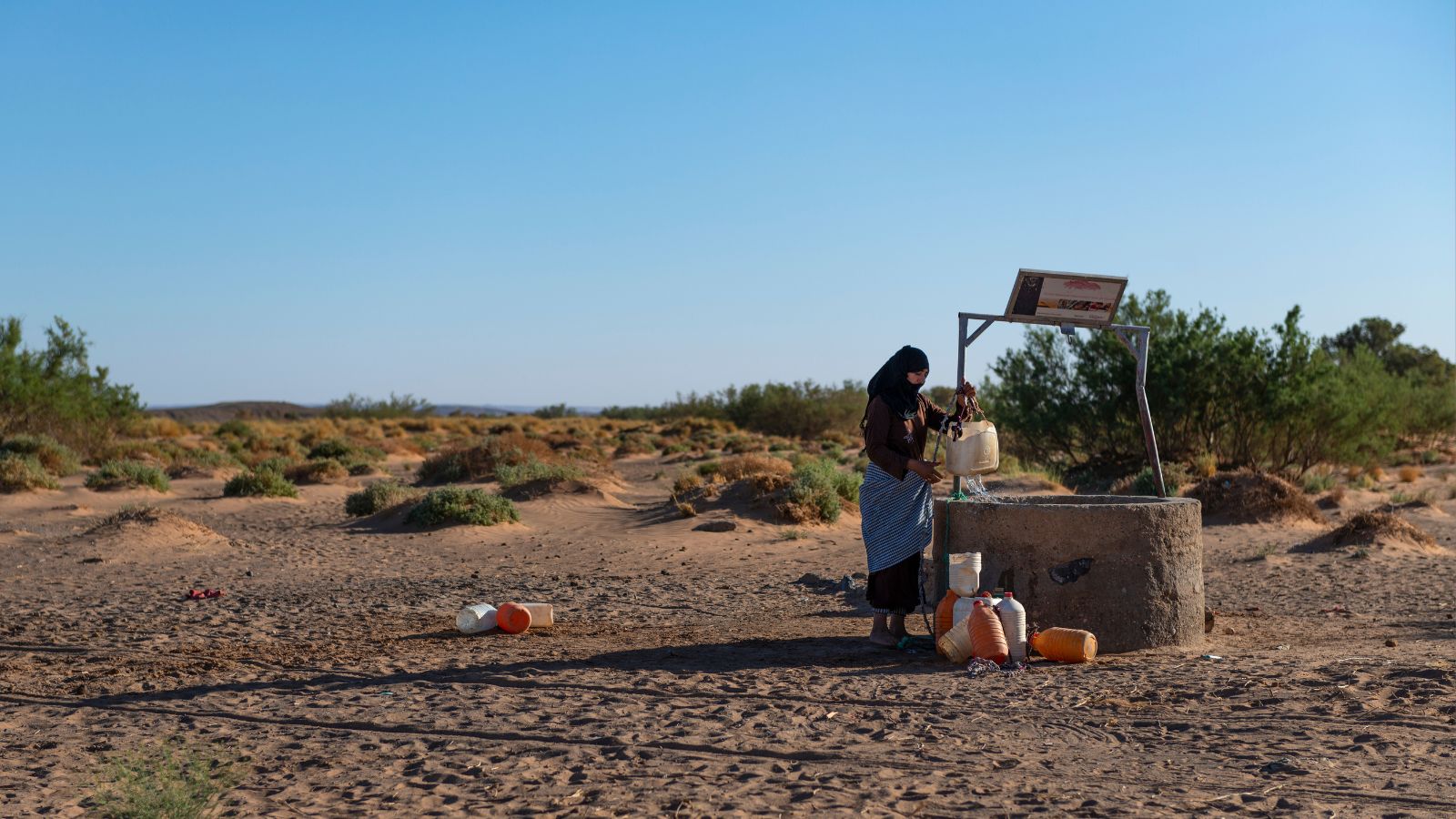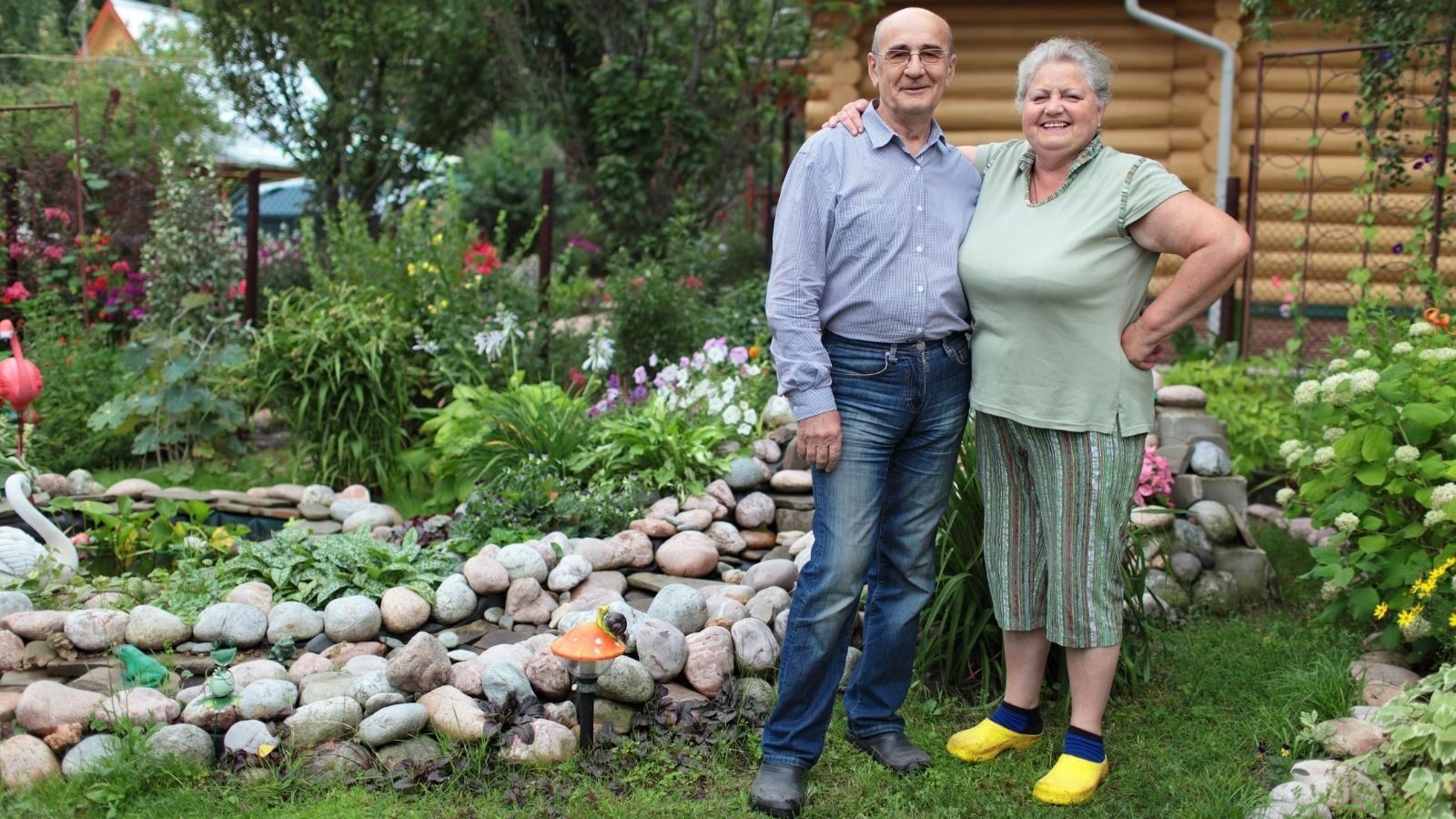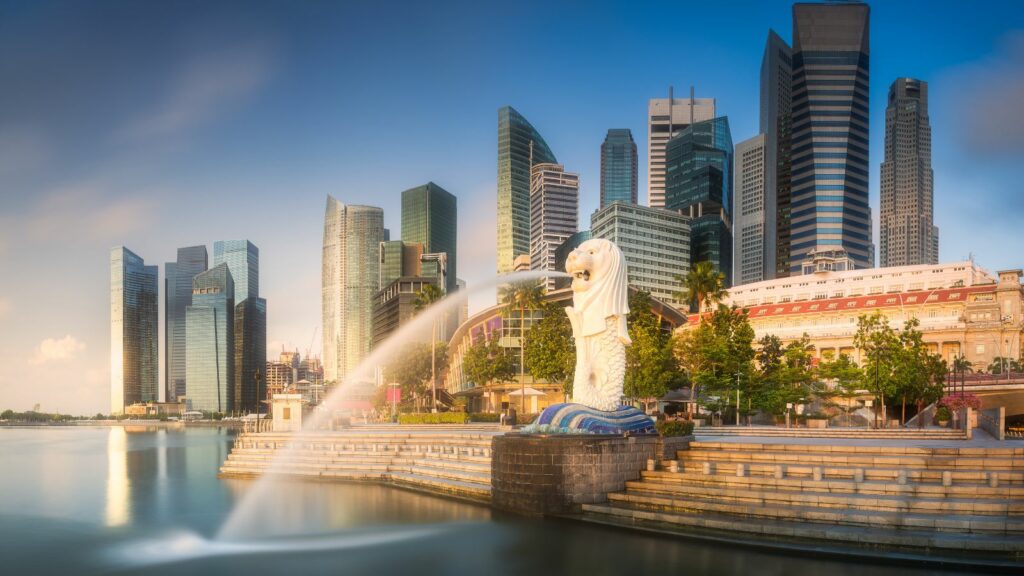Over the past several years, there has been a clear pattern of people fleeing large cities. It is a worldwide movement that we often refer to as the ‘urban exodus.’ The bounty of explanations for Cheney’s change in tactics (or perhaps perspective) is as rich and sometimes complex to understand – but it goes directly to differing priorities and more contemporary challenges. Here are 21 reasons why people are bailing on big cities.
High cost of living

We all live in big cities where the living costs are very high. The list includes housing costs (rent), groceries, transportation, and discretionary spending. However, I have met so many people who can no longer afford to live in the city that provides them the life they want and move out into cheaper places.
Shortage in houses

Living in a large city may seem attractive, but it can still be difficult to find a place to rent. The supply of housing is inadequate to meet the demand, and people who try to find a decent place to stay face challenges. As a result, people are forced to focus on housing further out, where fewer other options exist.
Quality of life

Reducing the population and arriving in cities is better for living. This may mean a less polluted atmosphere, fewer sounds, and a more laid-back way of life. Smaller towns or rural areas give you a small hometown feel yet a soothing and relaxed lifestyle.
Safety concerns

While it may seem evident to city dwellers, crime can be much more common in big cities than in smaller towns or rural areas. Many people move away from urban areas due to concerns about public safety. These concerns often stem from either perceptions of high crime rates or feelings of insecurity in crowded environments.
Job flexibility and Remote work

In particular, widespread remote working—a growing trend accelerated by the COVID-19 pandemic response—will enable more people to work from anywhere. People and their families are also relocating to areas with a lower cost of living and a much-improved quality of life without the need to be present in a specific environment.
The desire for more space

Living in the city typically means having a smaller apartment and little outdoor space. For many people, specifically families with children or pets, who by necessity need larger homes and yard roles that are most easily filled in suburban/rural regions where space is plentiful (and comparatively inexpensive), the choice is clear.
Traffic and Commuting Stress

Nobody loves to be stuck in traffic; it is no different a scenario for the masses located within the metropolis, which are treated with long and congested commutes. The time and stress of commuting outweigh the benefits for several people, causing them to seek out less densely populated areas with easier commutes.
Pollution and Environmental Concerns

Cities tend to be noisier and more polluted than rural areas (air pollution). This can harm health, which in turn leads to a decline in quality of life. For those who can handle it, cleaner air and quieter environs await in less populated areas.
Desire for a simpler life

Others are attracted to a minimalist, more straightforward way of life. Living in a city is often fast-paced; it can be quite materialistic and full of hustle and bustle. Living in a smaller community helps you to get your priorities in order.
Health and Wellbeing

Urban life is stressful on the body and mind. Cities may face departures by those looking for resources that present more opportunities to interact with the outside world, spaces that promote fitness and mental health, or even a chance to find more significant serenity at a slower speed.
Rising property taxes

Property taxes have risen dramatically in some cities, resulting in higher standards of living in less-affordable homes for homebuyers. This makes them more willing to consider selling their homes and moving to a lower-tax area.
Changes in family life

Significant life changes, like having a family, can make people start to think about where they live. My family fled a city looking for good schools, safe neighborhoods, and lots of space to run around.
Retirement

Retirees frequently want to simplify and downsize. That may mean living a quieter lifestyle in the countryside instead of fighting the rat-race sword-play inherent in life within city walls. Good retirement communities and retiring abroad to a country with good weather and reasonable costs of living are important.
Cultural Shifts

The shift has been directed towards localism and sustainability. Some are migrating to live closer to nature, grow their food, and contribute more to local communities, stepping away from the globalized, fast-living culture of cities.
Political and Social Factors

Political and social dynamics can also sway people’s decision to move. It is a push gone out, as people leave the area due to untenable conditions such as tensions or dissatisfaction with local governance and policies—usually seen through societal issues that do not promptly align with their belief systems.
Climate Change and Natural Disasters

At the same time, climate change and increasingly frequent natural disasters may have people looking for places with border-to-border shades. For example, those living in flood plains or along the coast may continue to migrate away from these hazard-exposed areas and even choose not to rebuild.
Seeking Community

I can get lonely and lost in the big cities. Seeking stronger pillars of community, many people are already relocating away from the cities to find a better sense of real roots as faithful members of society, someone who belong and have stronger connections within their neighborhood, helped by local events.
Better Education Opportunities

Families often consider moving to a better school district or an area with more resources for the kids. In the suburbs and smaller towns, you will often find high-performing public schools with lower student-teacher ratios and more supportive educational environments.
Cultural Attractions and Entertainment

Although cities are often cultural epicenters, other offerings can draw people away. Smaller or more rural communities present the opportunity for different types of offerings (outdoor adventure, historical sites, local arts and crafts, etc.).
Real Estate Investment

For many people, investing in real estate makes good economic sense, though it’s not without its drawbacks. Another advantage is that property in smaller towns or suburban areas tends to be more affordable, offering better value for money. Additionally, investing in these areas can be wise, as property values are likely to increase over time.
Technological Advancements

The new technology, for one thing (i.e., the fact that people have better internet access and communication tools), makes it more convenient to be able to live and work away from a fixed geographical point. This has expanded lifestyle choices for people who might rather live elsewhere than the major metros.
Conclusion

For artists, the decision to stay in or leave a significant city is influenced by a variety of factors, including the local economic conditions and personal lifestyle preferences. While the allure of city life remains strong, advancements in technology now enable work from virtually anywhere. Coupled with improved connectivity and lower living costs, many are drawn toward more peaceful environments as a new norm. If these trends continue, they could significantly reshape the demographic and economic landscape of urban and rural areas in the coming years.
14 Cars with a Reputation for Running Forever and Why They Outperform the Rest

In the dynamic world of automobiles, some cars stand out for their remarkable longevity and enduring performance. These road warriors have earned a reputation for running seemingly forever, outpacing their counterparts. This article will explore 14 such vehicles and the reasons behind their legendary durability.
14 Cars With A Reputation For Running Forever And Why They Outperform The Rest
